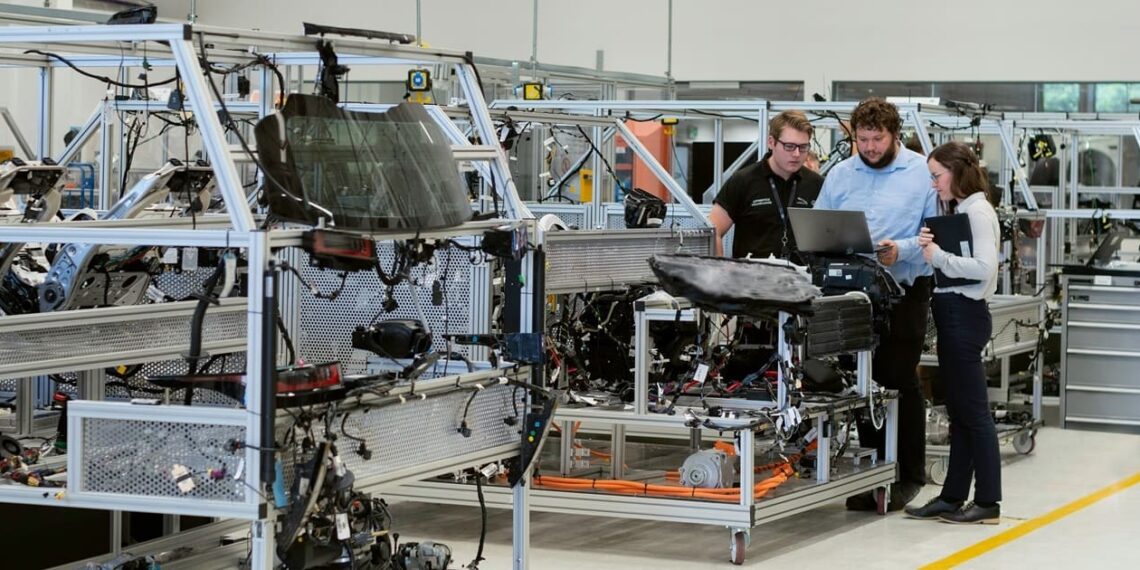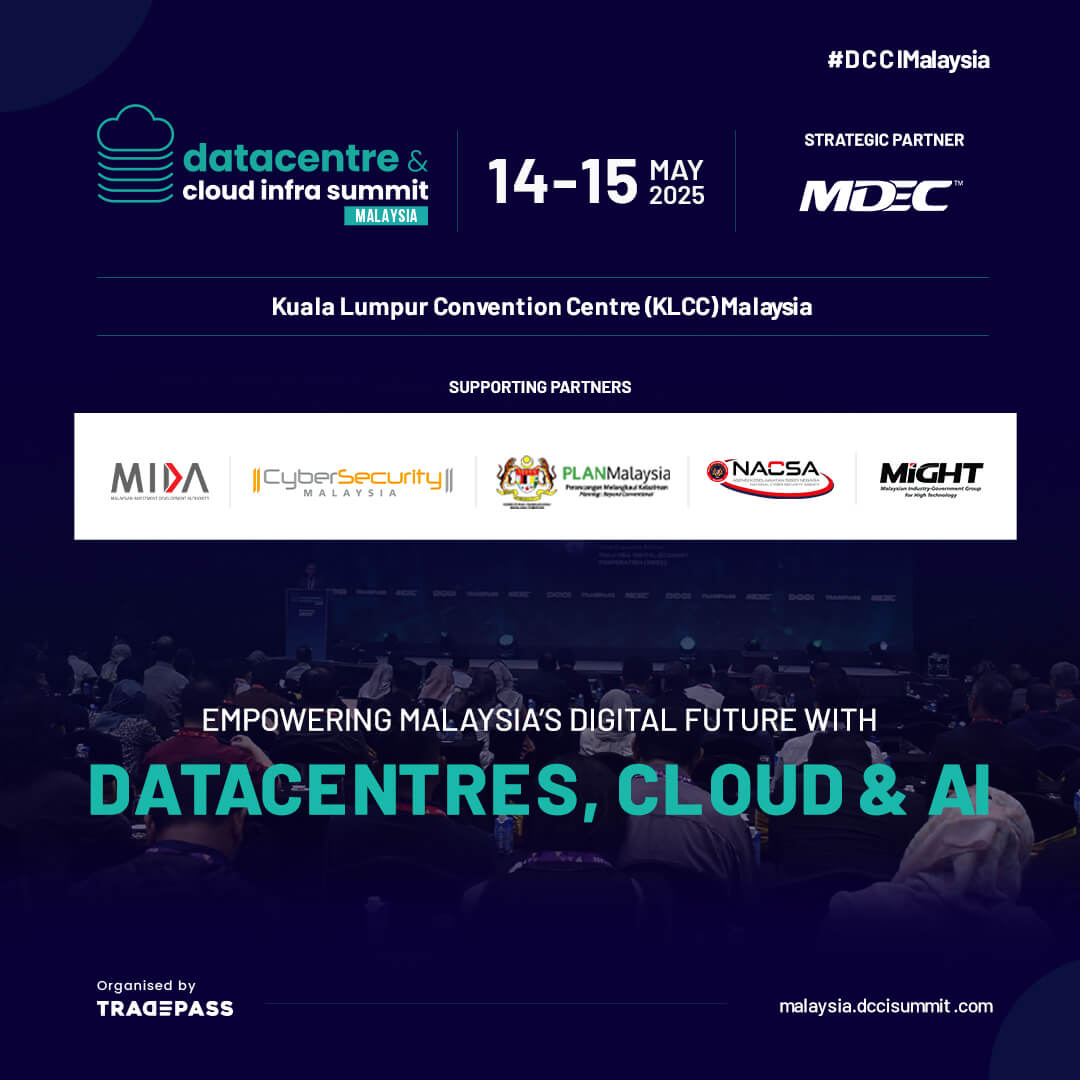Heaptalk, Jakarta — The massive development of generative AI has attracted the manufacturing industry to implement it as it can potentially drive explorative innovation, including in supply chain, knowledge management, and quality control. Recent research from NTT Data, a business and technology services provider, revealed that 95% of global respondents admitted the technology has directly helped improve their business efficiency and performance.
Around 94% of respondents expect that integrating Internet of Things (IoT/edge) data into GenAI models will significantly enhance the accuracy and relevance of AI outcomes. Most respondents (91%) are optimistic that combining digital twins with GenAI will improve physical asset performance and supply chain resilience.
In more detail, respondents revealed that GenAI is most frequently used for supply chain and inventory management, knowledge management, quality control, research and development, and process automation. The study, titled ‘Feet on the Floor, Eyes on AI: Do You Have a Plan or a Problem?’, involved over 500 manufacturing leaders and decision-makers from 34 countries.
Prasoon Saxena, Co-Lead of Products Industries at NTT Data, Inc., stated that AI is now simplifying many processes and transforming previous limitations across the manufacturing value chain, from supply chain prediction to quality control. “GenAI can help organizations become more flexible amid rapid business changes, especially when facing global tariff policy uncertainties,” Saxena said during a virtual media roundtable (05/07).
Gaps in workforce and infrastructure readiness

However, the study also uncovered significant challenges, ranging from workforce and infrastructure readiness to ethical frameworks in AI implementation. Around 92% of global respondents admitted that legacy technology hinders critical initiatives, but fewer than half have conducted comprehensive infrastructure readiness assessments. Meanwhile, 94% hope IoT data integration with GenAI will improve AI results, but not all are confident in successfully executing this integration.
Although AI ethics are gaining attention, only 47% of manufacturing leaders are confident that their companies have strong frameworks to balance risks and value creation. Regarding workforce readiness, two out of three industry players feel their employees lack sufficient skills to use GenAI effectively, potentially creating operational obstacles and risks. In data management, only 41% of respondents are confident they have adequate data storage and processing capacity to support GenAI workloads—a potential barrier to success.
“The most successful manufacturing companies have integrated GenAI into their core operations. Without proper planning, execution, and management with the right strategy, GenAI won’t just become a problem—it could cause companies to fail from the start,” Saxena concluded.












